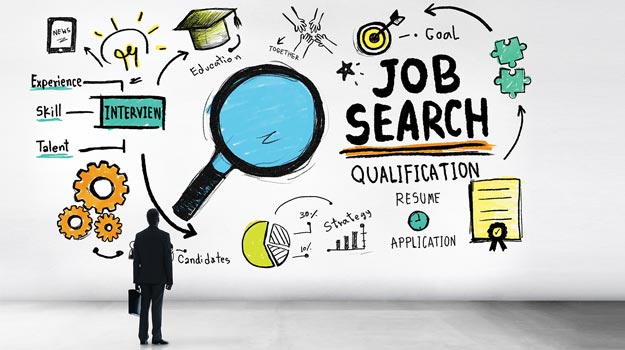Seventy percent of Norwegians are actively seeking employment, indicating a robust labor market. In Norway, employees put in 40 hours per week, split between nine-hour days. The standard workweek in this country consists of five days. The following are the most helpful suggestions for non-Norwegian citizens looking for work in Norway. Unlike in other countries, your marital status and the number of children can be included in a CV written in the Norwegian style. If you’re seriously considering applying for a job in one of the Nordic countries, you might want to research the average wage there. In Norway, the typical yearly income is around $69,150 (or 636,690 NOK).

Foreigners’ guide to finding work in Norway
The first step in figuring out how to find a job in Norway as a foreigner is to make sure you qualify to do so legally. You may need a visa to enter the country, and there are income requirements you must meet to apply for one. A particular level of education may also be required to qualify as a skilled worker in this country and be recruited instead of a local one.
The Norwegian job application process
You should start by updating your resume and making a CV in Norwegian format. This will increase your employability in the Nordic country. Recruiters and human resources professionals in Norway will take notice if you follow these guidelines:
- Every CV you put out should be specifically written for that job and that firm.
- Keep your resume to a maximum of two pages.
- Details about yourself, such as your name, email address, mobile phone number, and birth date.
- After you’ve introduced yourself, it’s important to put your strongest qualifications upfront.
- Next, list your educational experiences backward through time.
- Then, in reverse chronological order, list your employment history.
- Then, provide any training programs, workshops, or credentials you may have earned.
- Include any other relevant language skills you possess.
- Include relevant project experience and the role you performed.
- Don’t forget to mention any pastimes, passions, or interests you have.
Advice on cover letters
Your cover letter, like your resume, should be written specifically for the position you’re applying for and the company you’re targeting. It needs to be addressed properly and shouldn’t be more than a page long. In your cover letter, emphasize the positive qualities that make you an ideal candidate for the open position and team. Verify that your work is free of typos and grammatical errors. Have a friend or reliable coworker proofread your letter before sending it.
Tips for the interview
Prepare well for the interview by learning as much as possible about the organization, the projects it has undertaken, its important personnel, and the people who will be interviewing you.
Reviewing your cover letter, resume, and job description before your interview will help you anticipate questions (such as “Why are you fit”? and “What experience do you have”?) and prepare replies. Also, be prepared to explain any notable gaps in your CV and the employment or experience you’ve gained since then.
Conclude the interview with some questions about your preparation and be punctual and well-presented on the day of the interview.
When meeting or being introduced to a new person, be sure to give a firm handshake and look them in the eye. Your interview could run anywhere from 45 minutes to 90 minutes. A personality test could be something you have to do. Send a thank-you e-mail once the interview has taken place. Feel free to inquire about the status of your application if you haven’t heard anything after two weeks.
Questions asked in most interviews
- To what end did you seek employment here?
- Please share your work history with us.
- I was wondering what caused you to leave your former employer.
- In what ways could you improve?
- How do you feel about the activities you perform?
- Which do you value more, autonomy or collaboration?
- Why should we work with you?
- Why should we hire you?
- In five years, what do you hope to have accomplished?
- Please tell us about your background (legal status).
Needed experience and references
You might conclude your resume by saying that references and required certifications are accessible upon request. Professors, mentors, and colleagues are all acceptable references. Your prospective new employer may have certification or experience requirements. If so, never transmit the original, only duplicates.
The Norwegian Agency for Quality Assurance in Education (NOKUT) can help you have your credentials recognized in Norway, such as your diploma or certificate from another country’s vocational education and training program.
As a self-employed individual in Norway, your National Insurance Scheme contributions will be a percentage of your taxable income. Independent contractors have a higher contribution rate of 11%. Your daily cash compensation in the event of illness is also determined by your income.
You may also find these articles helpful
Things to know before immigrating to Norway
Getting an employment visa: Work permit in Norway


